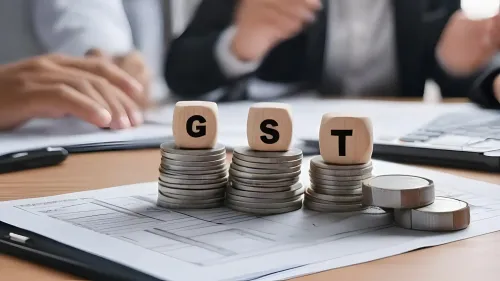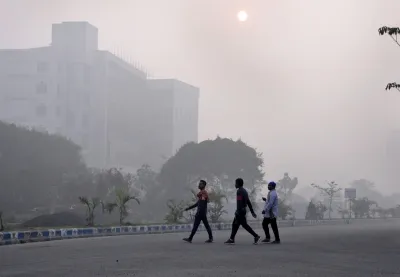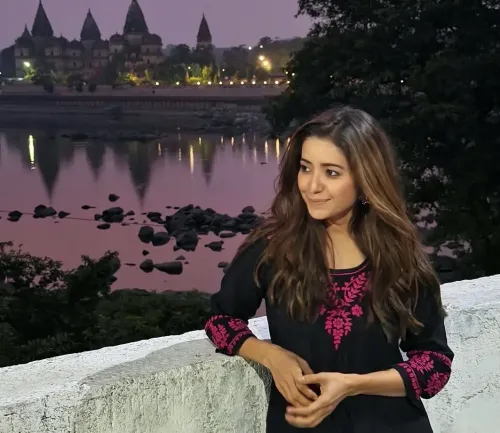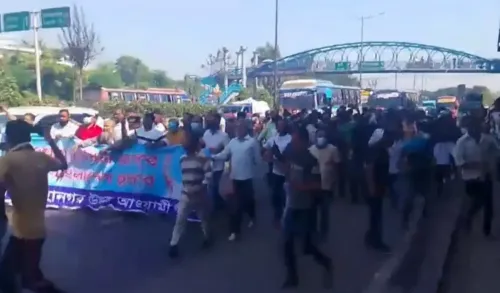Is Ahmedabad Addressing Illegal Occupancy in PMAY EWS Houses?
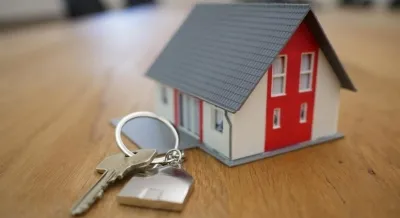
Synopsis
Key Takeaways
- AMC is tackling illegal occupancy in PMAY housing.
- 367 units were found occupied by unauthorized residents.
- Strict inspections will continue to identify violations.
- Non-transferable housing is crucial for low-income families.
- PMAY aims to provide affordable housing for economically weaker sections.
Ahmedabad, Oct 21 (NationPress) The Amdavad Municipal Corporation (AMC) is actively addressing the issue of illegal occupancy in Economically Weaker Section housing units established under the Pradhan Mantri Awas Yojana (PMAY). This initiative comes after numerous complaints that beneficiaries had unlawfully rented or transferred their assigned residences to unauthorized occupants.
The Estate Department has announced that rigorous and ongoing inspections will take place over the next few weeks to pinpoint additional cases of illegal occupancy within both the Economically Weaker Section and other government housing initiatives.
During a thorough inspection campaign by the AMC Estate Department across 5,611 Economically Weaker Section units in various zones of the city, officials found that 367 houses were occupied by individuals not on the original allotment list. Consequently, the corporation has sealed 35 houses and issued show-cause notices to the remaining unit owners, demanding explanations for their violations.
Officials noted that in many instances, students and salaried workers were residing in properties intended exclusively for low-income families.
The AMC emphasized that such misuse of government-allotted housing contravenes PMAY regulations and could result in the cancellation of housing allocations. The PMAY is a flagship housing program initiated by the Government of India aimed at ensuring affordable housing for all.
This scheme includes specific provisions for the Economically Weaker Sections, particularly families with an annual income of up to ₹3 lakh.
The government offers financial aid and subsidies to support these families in obtaining safe and permanent homes, especially in urban regions where housing prices are inflated. Homes built under the Economically Weaker Section category are generally smaller, low-cost units developed through collaborations between central, state, and local governments and are allocated to eligible beneficiaries after thorough verification.
These residences are non-transferable, meaning beneficiaries are prohibited from selling, renting, or permitting others to occupy them, as these units are intended to provide secure shelter for economically disadvantaged families.

